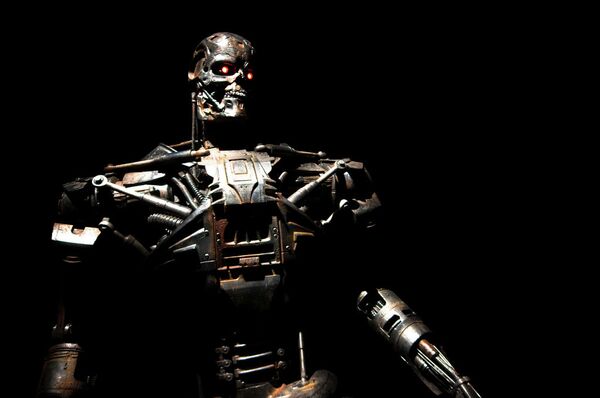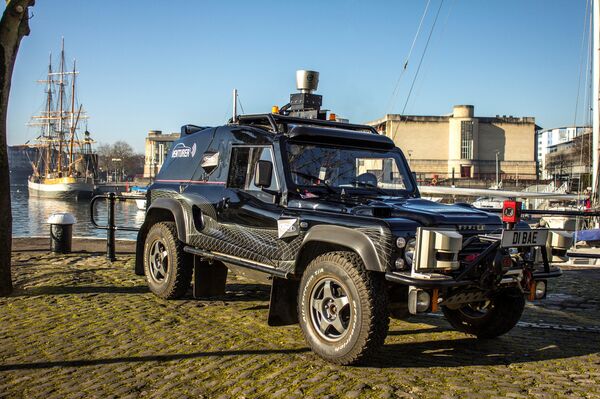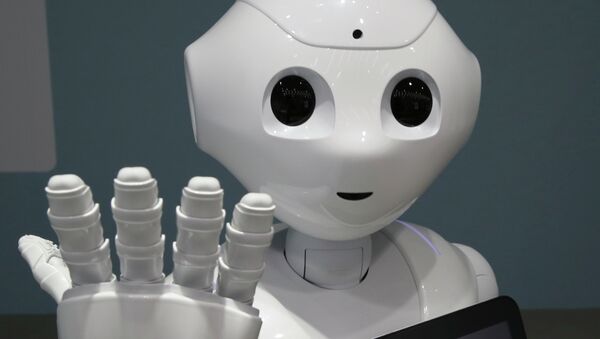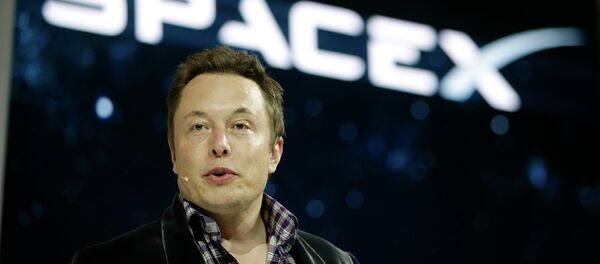University of Oxford Associate Professor Michael Osborne evaluated 702 occupations in the US and predicted 47% could be taken over by computers and machines in the foreseeable future.
The reason behind this, Osborne explained, is that computers, even those forms of artificial intelligence that have shown some capacity for learning, lack social understanding and the ability to conceive abstract thought. Jobs that require a high level of creativity and abstract thought are less likely to be subject to automatization.
"What unites all those bottlenecks [in computer ability] is kind of a deep reservoir of tacit knowledge humans possess that's not readily reproducible in software," Professor Osborne told the Times.
"For example, in order to be creative, you need to understand the creative values of the society in which you find yourself.
"It's very easy to design an algorithm that endlessly churns out paintings or pieces of music but it's very difficult to get that algorithm to distinguish between good pieces of music and bad pieces of music."

Similar projections have been made about the workforces in the UK and Scandinavia.
While this may not bode well for individuals, Osborne said we shouldn’t brace ourselves for a sudden uptick in unemployment. After all, he argued, history contains numerous examples of technology’s progression essentially ending industries — new technology in factories, cars replacing horses, and trains with semi automation, for instance.
"These people weren't irrational. There were genuine risks to their jobs," Professor Osborne said.
"And while overall in the end unemployment wasn't affected, there certainly were very severe negative consequences for those workers in the short term.
"I think the story here is fairly similar actually that in the end, yes we may see new forms of work generated but it's not clear that the kind of people who are put out of work, which I said ought to be those at the low-skilled end of the spectrum, are necessarily going to be those that move into those new forms of work."
The robotics expert went on to say technology will create new kinds of jobs, and it will need to be user friendly to combat resistance.
"In the long term yes, we will see machines that may be potentially so intelligent as to have goals that aren't consistent with our own and there might be consequences of that," he said.

"But I think in the near term the larger question is that of employment really, and how people's work might be affected by increasing automation."
Osborne said software development and IT were some of those professions that did not create as many jobs as predicted, but that industries like renewable energy were booming in the US and elsewhere, and governments should do what they can to foster growth there.
"There's not a single silver bullet solution to this issue but investing in those new industries is certainly an important plank," he said.



